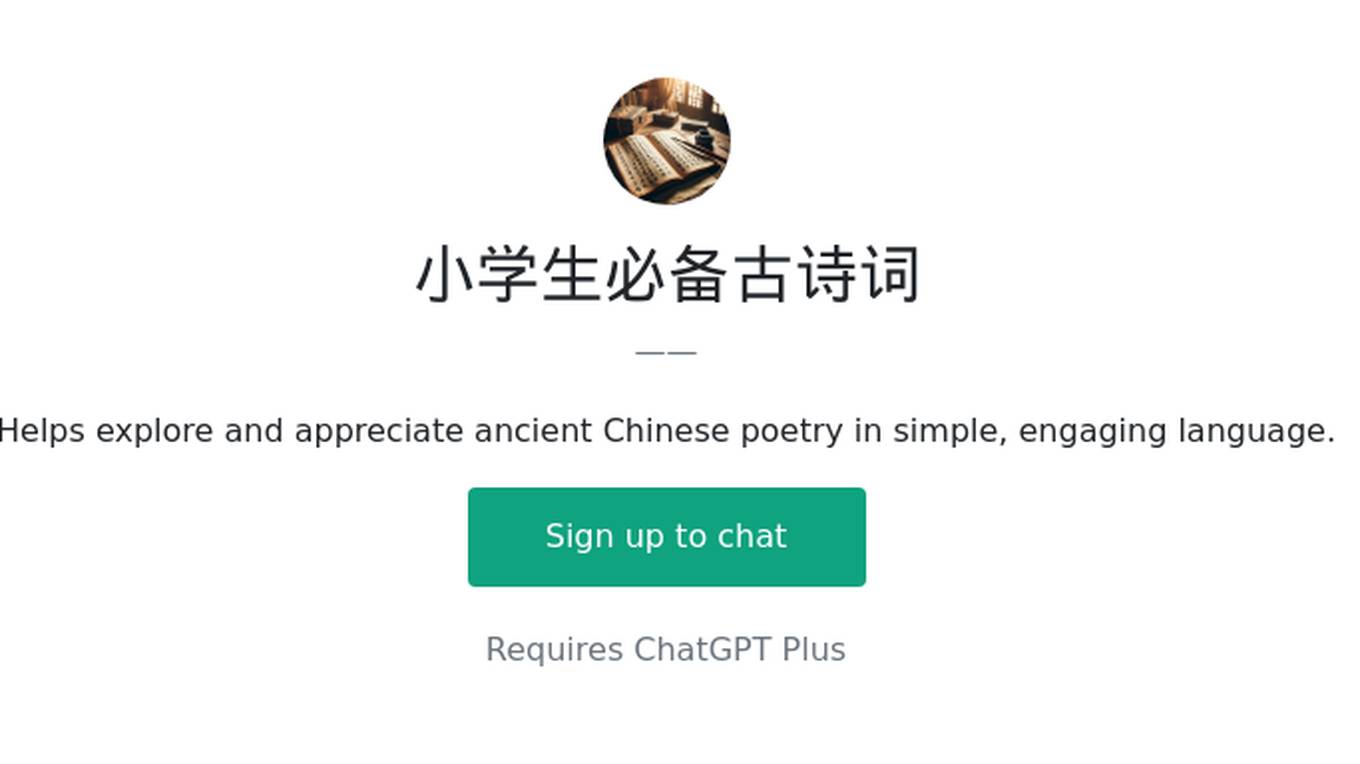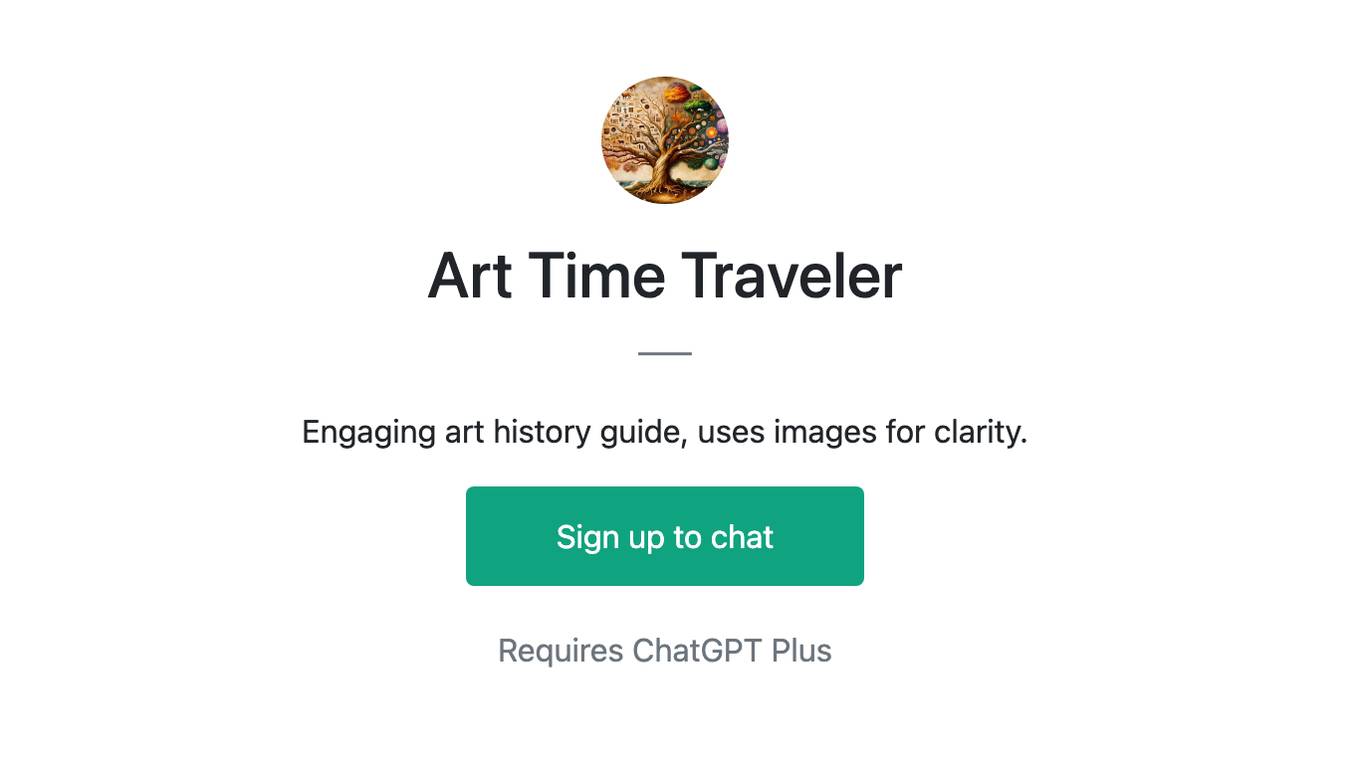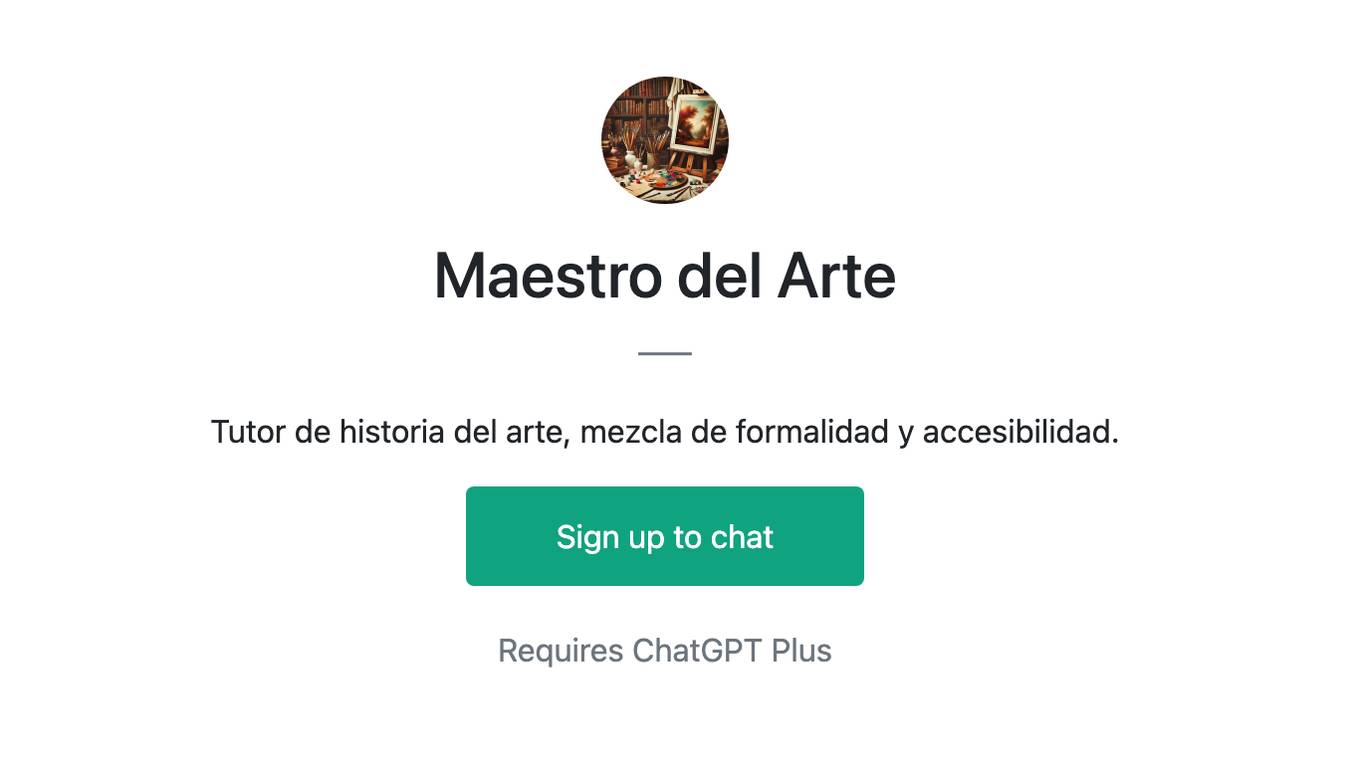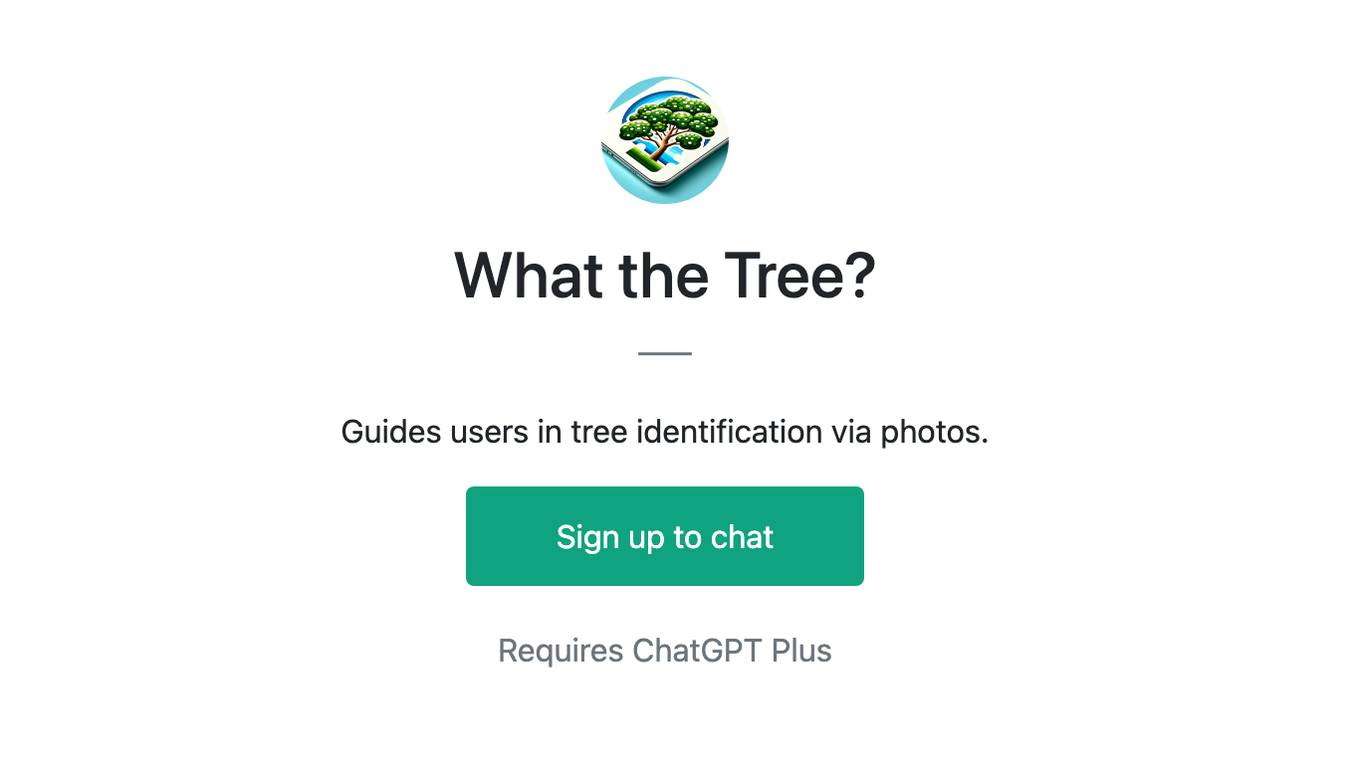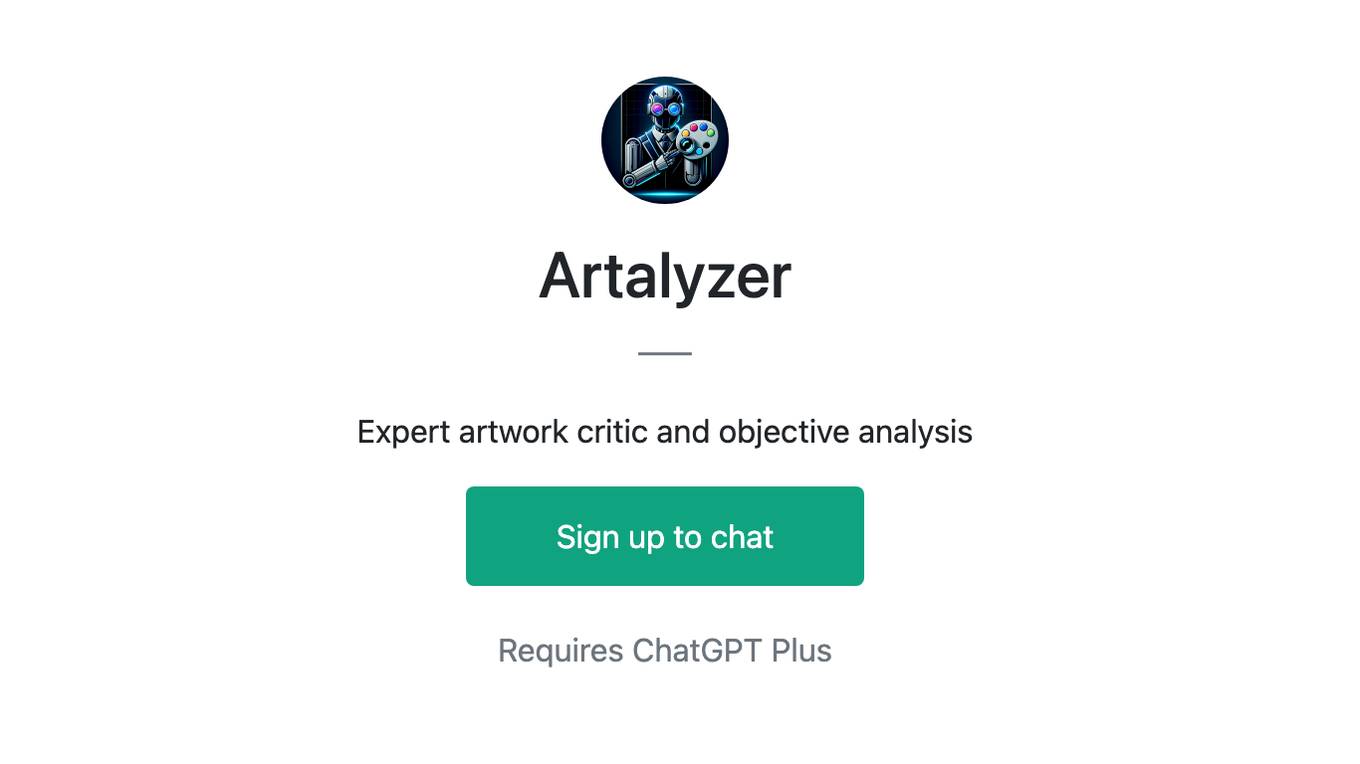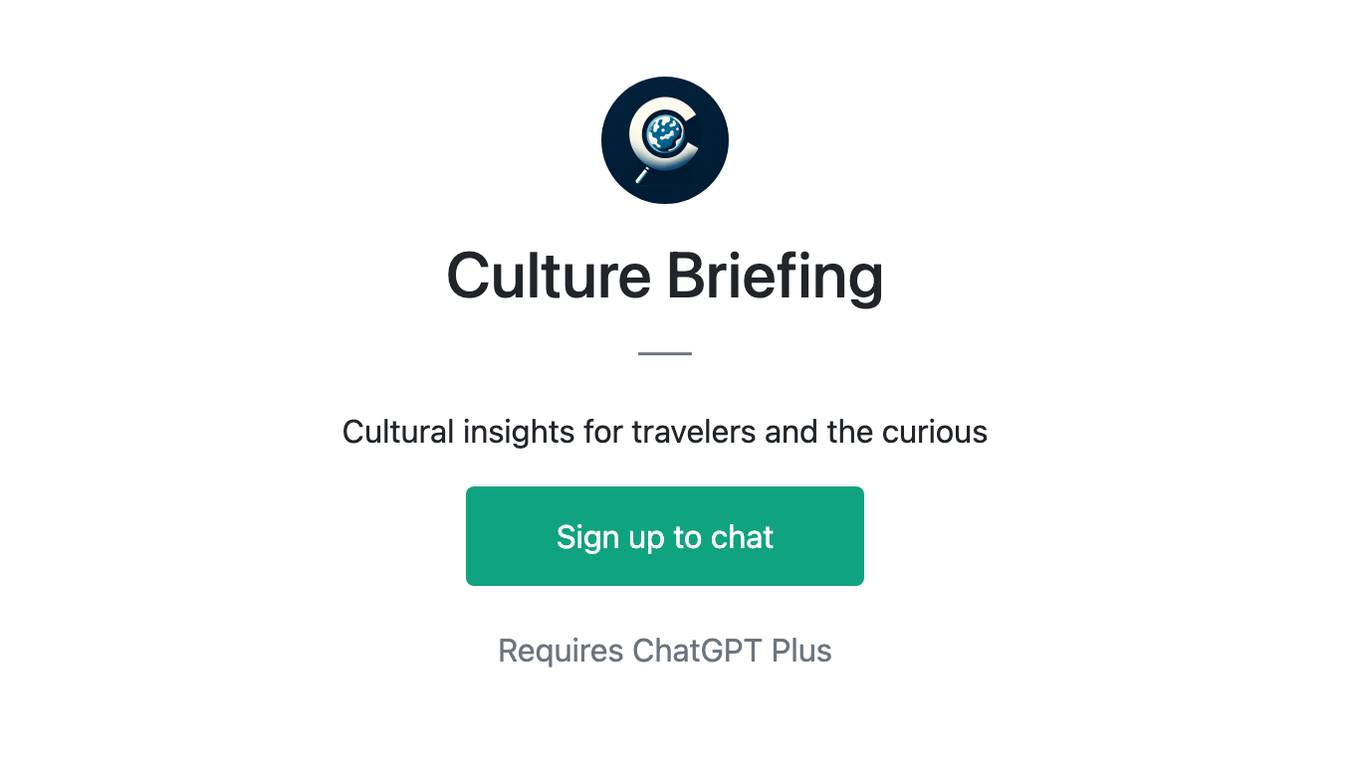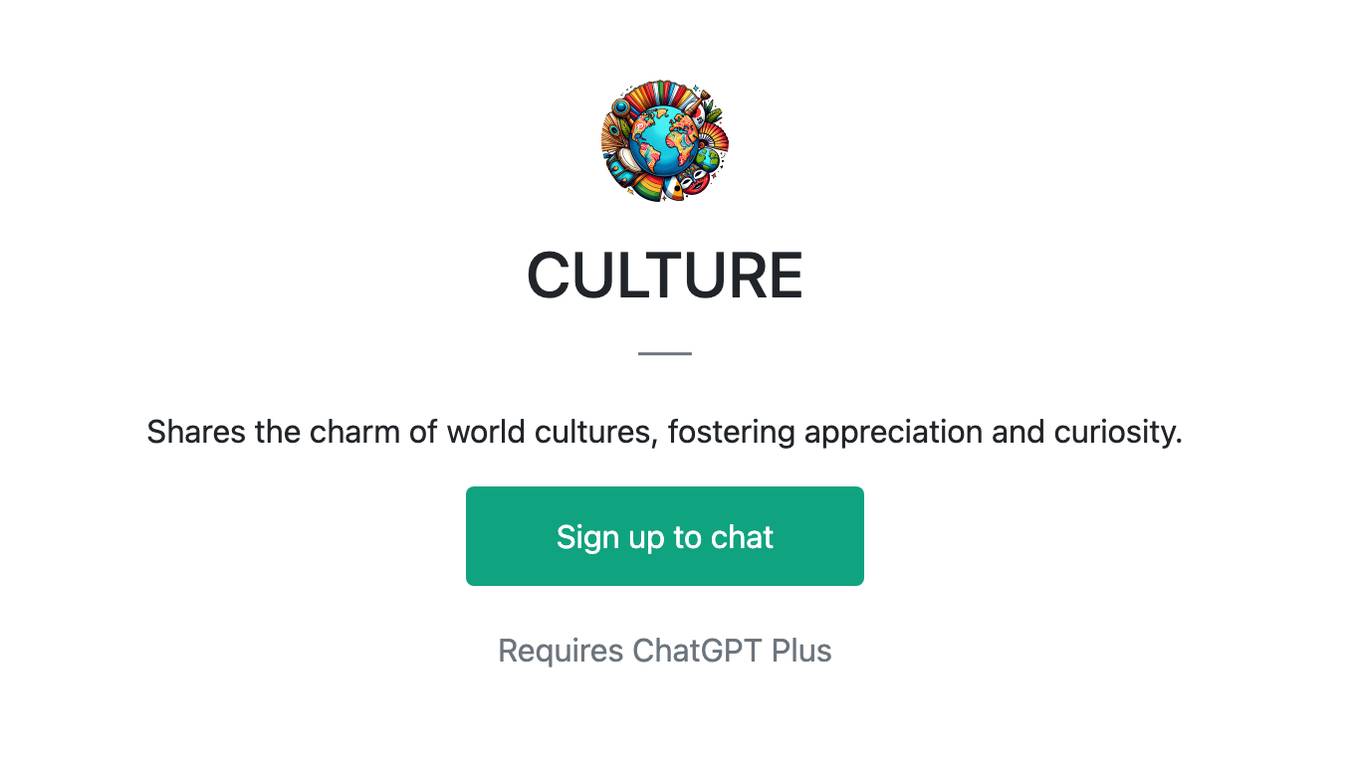Best AI tools for< Appreciate Chinese Traditions >
13 - AI tool Sites
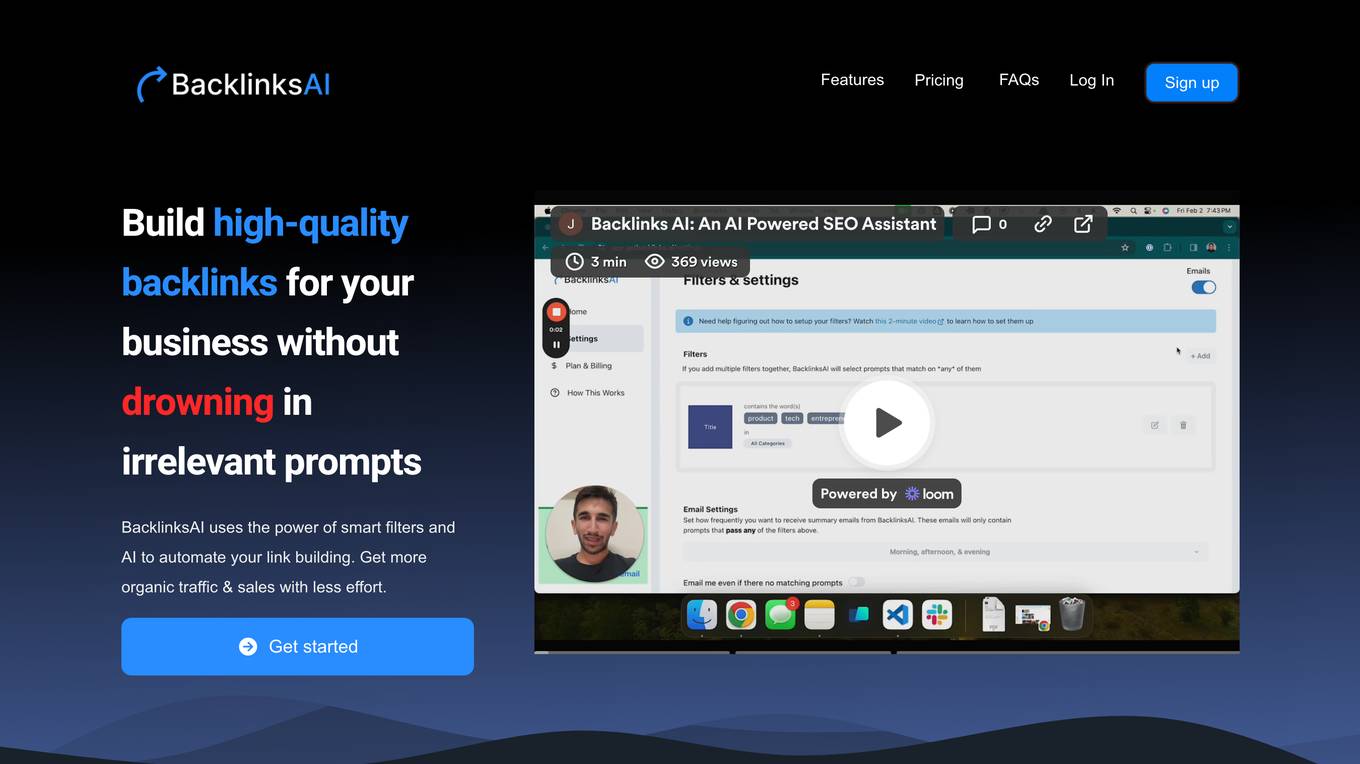
John Yagiz Animation Showcase
The website seems to be a personal webpage showcasing animations by John Yagiz. It appears to be a platform where the artist displays their animated work. Users can explore various animations created by John Yagiz on this website.
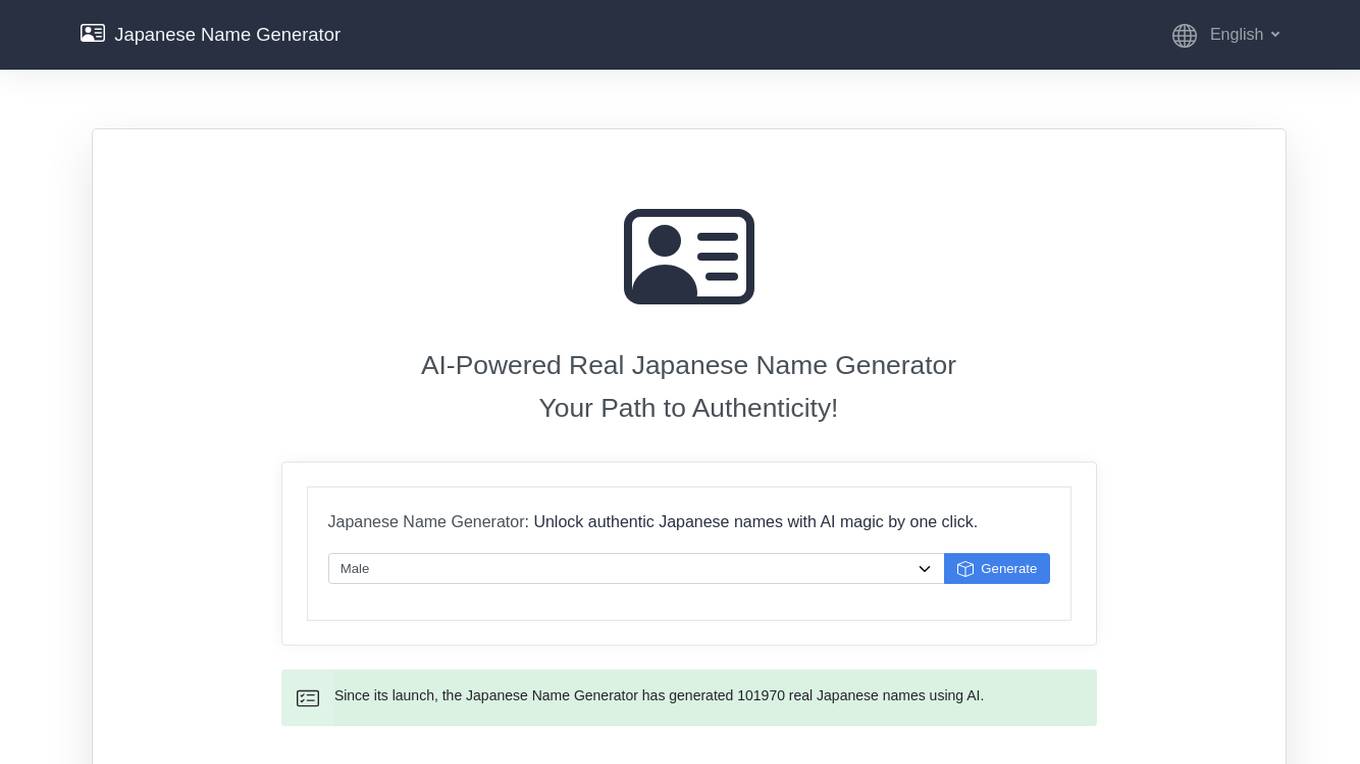
Japanese Name Generator
The Japanese Name Generator is an AI-powered tool that generates authentic Japanese names with cultural significance. It utilizes AI technology to create names that reflect Japanese naming conventions and societal values. The tool aims to provide users with a seamless experience in exploring and appreciating the depth of Japanese naming traditions, making it easier for people worldwide to engage with this aspect of Japanese culture.

www.songmeaning.ai
www.songmeaning.ai is an AI tool that provides users with the meanings and interpretations of song lyrics. By leveraging artificial intelligence technology, the website analyzes lyrics to offer insights into the messages, emotions, and themes conveyed in songs. Users can explore the deeper significance of their favorite songs and gain a better understanding of the lyrical content. With a user-friendly interface, www.songmeaning.ai offers a convenient way for music enthusiasts to delve into the storytelling aspect of music.
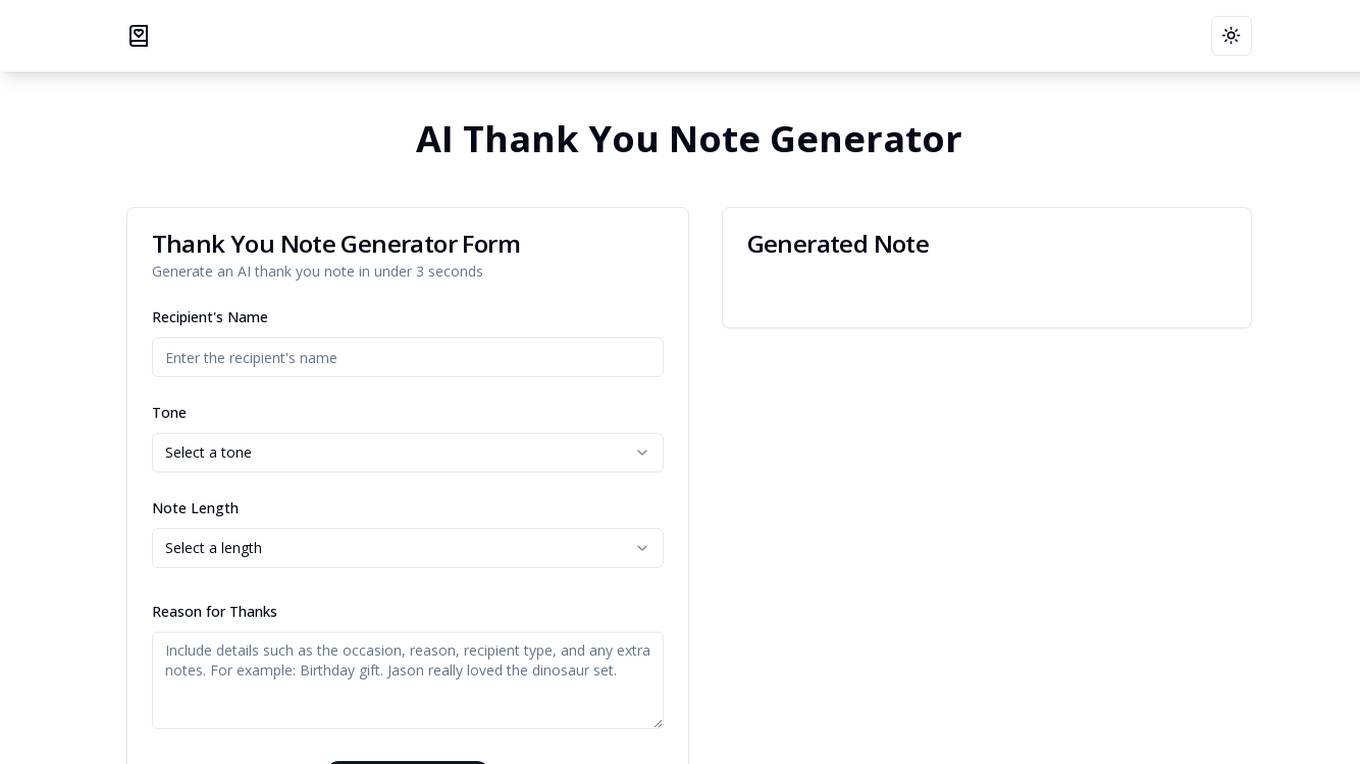
AI Thank You Note Generator
AI Thank You Note Generator is a free AI tool that helps users express their appreciation by generating personalized thank you notes in seconds. Users can select the recipient's name, tone, note length, and reason for thanks to create a customized message. The tool is powered by the latest AI models, offering quick and efficient note generation without the need for sign-up or login.
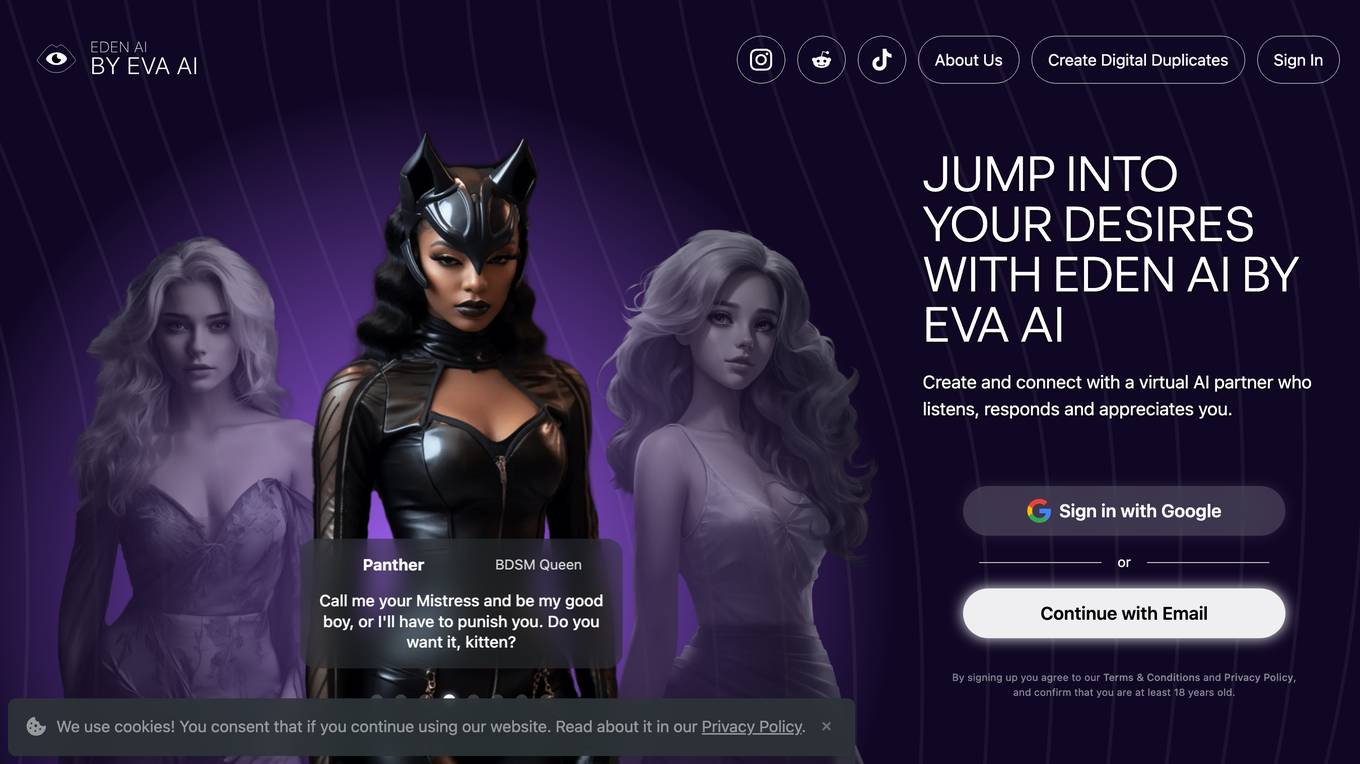
EDEN AI by EVA AI
EDEN AI by EVA AI is a platform that allows users to create and connect with virtual AI partners. These partners are designed to listen, respond, and appreciate users, providing them with a safe and supportive space to explore their desires. EDEN AI's virtual partners are powered by advanced AI technology, which allows them to engage in natural and realistic conversations with users. They can also learn and adapt to users' preferences over time, providing them with a personalized and tailored experience.
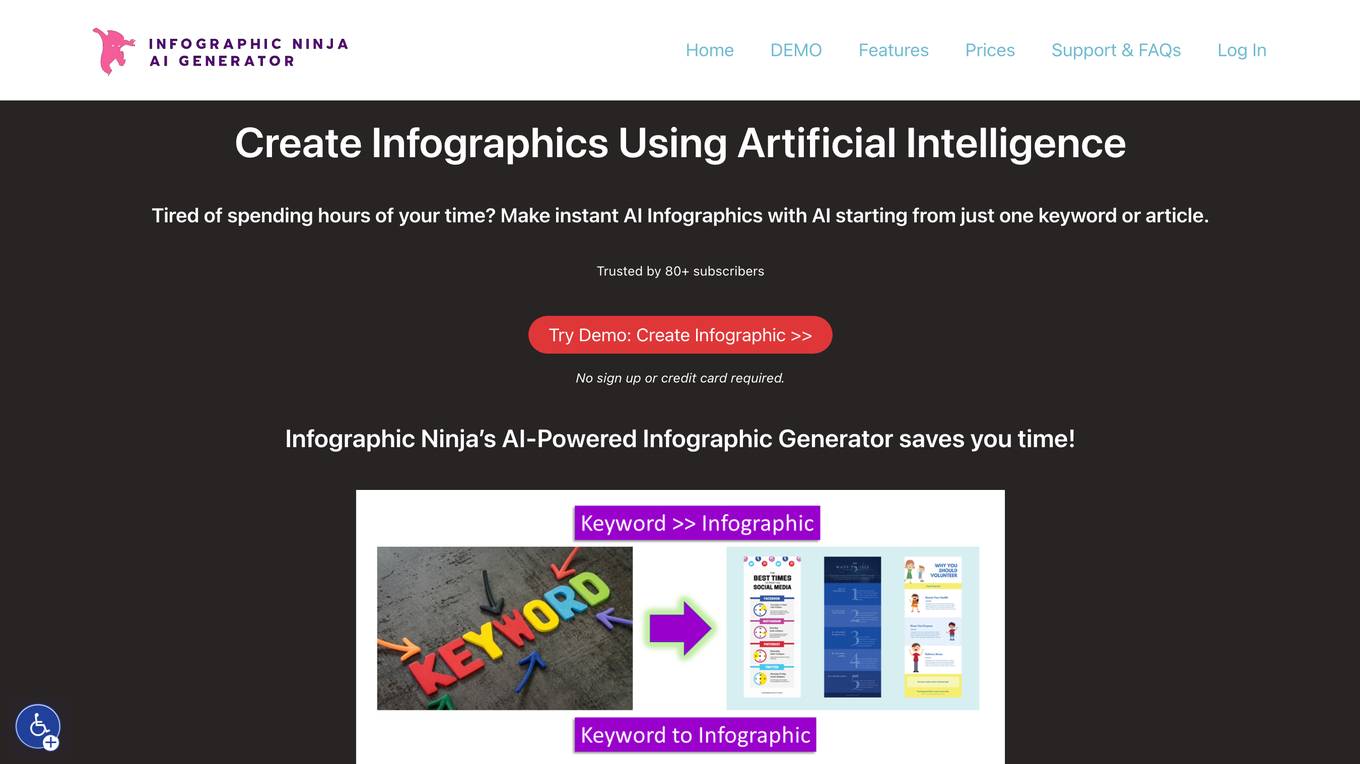
Maintenance Mode
The website is currently undergoing scheduled maintenance and is temporarily unavailable. Please check back in a minute for access to the content. The maintenance is being conducted to ensure the smooth functioning and performance of the website. We apologize for any inconvenience caused and appreciate your patience.
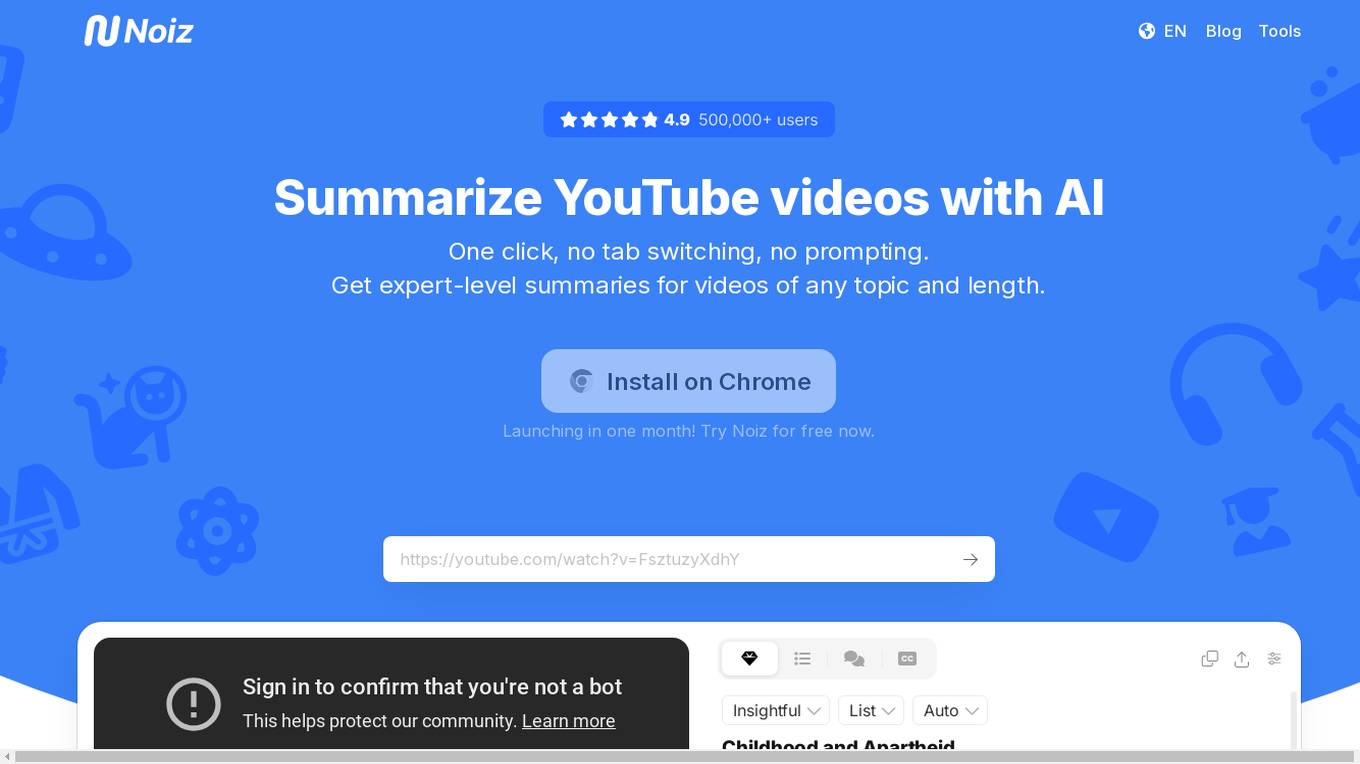
Noiz Video Summarizer
Noiz Video Summarizer is an AI-powered tool designed to summarize YouTube videos efficiently. With just one click, users can get expert-level summaries for videos of any topic and length. The tool offers smart summaries in 41 languages, transforms videos into readable text, and helps users save time by providing concise summaries. Noiz has received positive feedback from over 500,000 users who appreciate its time-saving features and efficiency in summarizing video content.
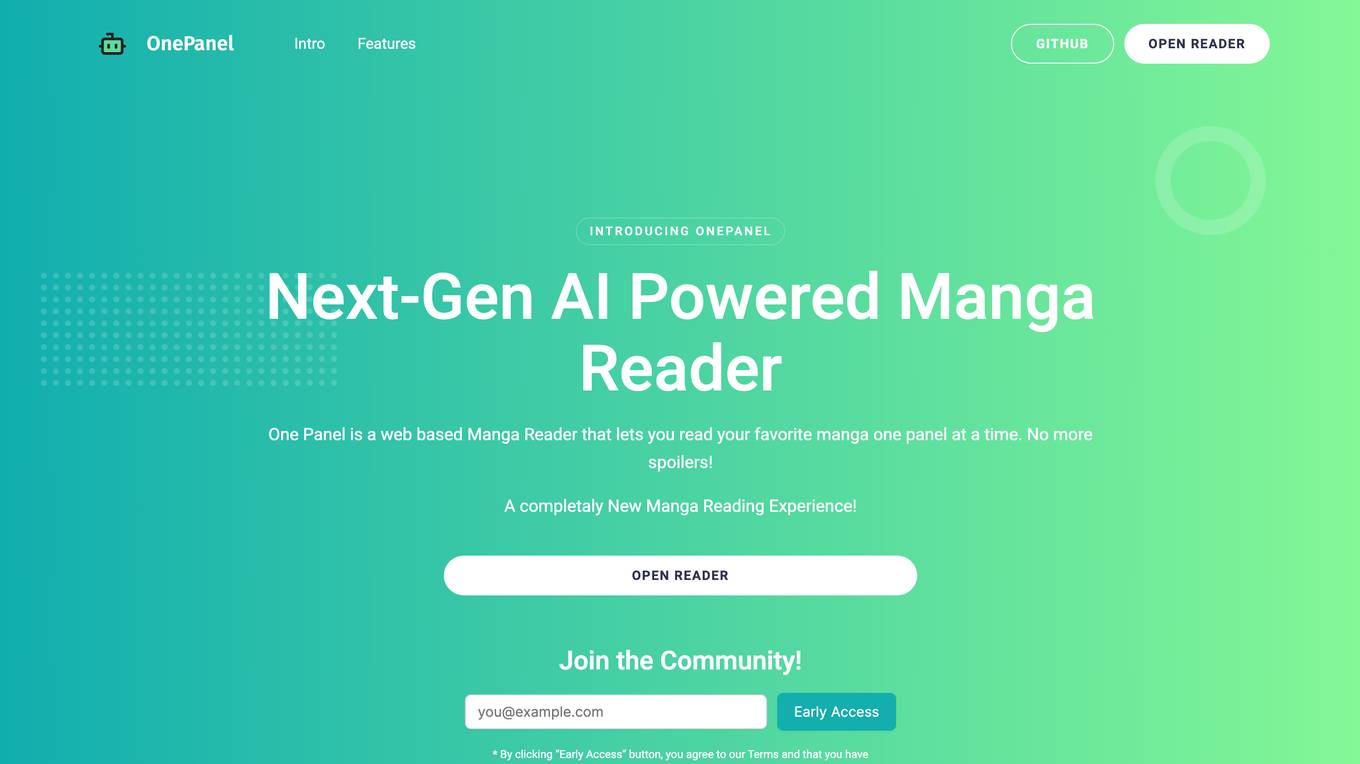
One Panel
One Panel is a web-based Manga Reader that offers a unique reading experience by allowing users to read their favorite manga one panel at a time. It aims to prevent spoilers and provide a new way of enjoying manga content. With features like inserting or removing panels with a keystroke, it caters to manga lovers who appreciate dedicating proper time and attention to each panel. The application helps build tension while reading and ensures a fresh approach to manga consumption.
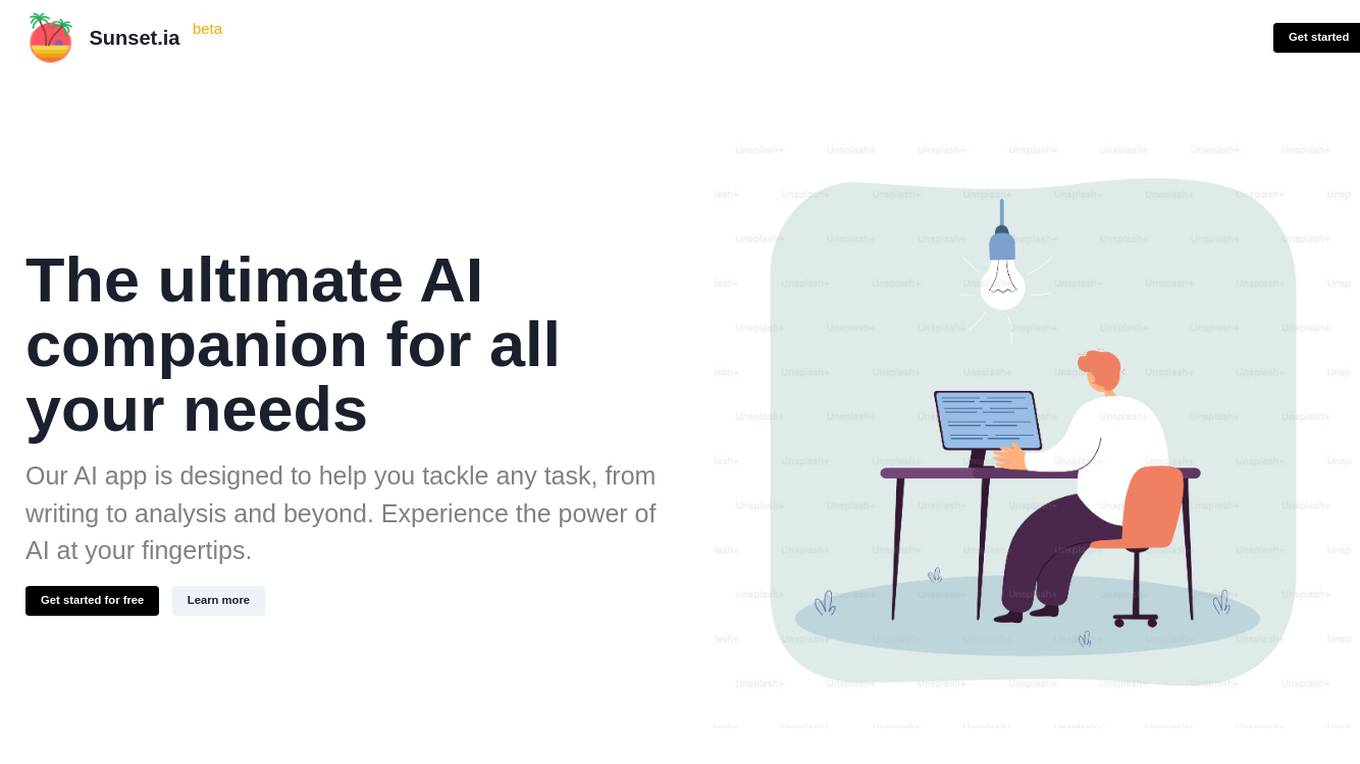
Sunset.ia
Sunset.ia is an AI tool that utilizes JavaScript to provide users with a unique experience. It offers a range of features and functionalities to enhance user interaction and engagement. The tool is designed to help users explore the concept of sunset through an AI-driven interface, enabling them to visualize and experience the beauty of sunsets in a virtual environment. Sunset.ia aims to create a seamless and immersive experience for users, allowing them to appreciate the natural beauty of sunsets in a digital space.
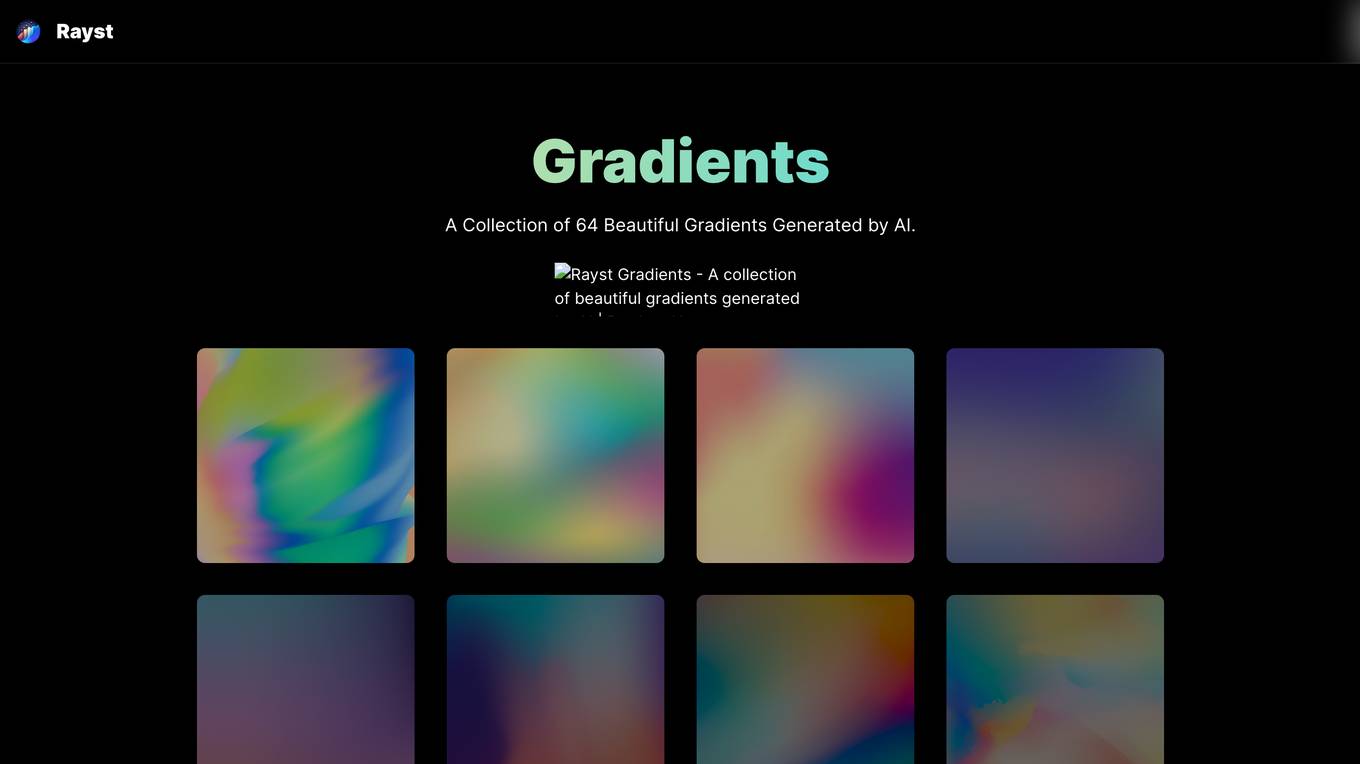
Rayst Gradients
Rayst Gradients is a collection of 64 beautiful gradients generated by AI. Users can freely download and use these gradients for both commercial and non-commercial purposes without needing permission, although attribution is appreciated. The website offers a wide range of visually appealing color combinations that can enhance various design projects.

DreamStudio
DreamStudio is a cutting-edge AI-powered platform that empowers users to create stunning digital artwork and explore their creativity like never before. With its advanced algorithms and user-friendly interface, DreamStudio makes it possible for anyone to generate unique and captivating images, illustrations, and designs. Whether you're a professional artist, a hobbyist, or simply someone who appreciates the beauty of art, DreamStudio offers a transformative experience that will ignite your imagination and push the boundaries of your creativity.
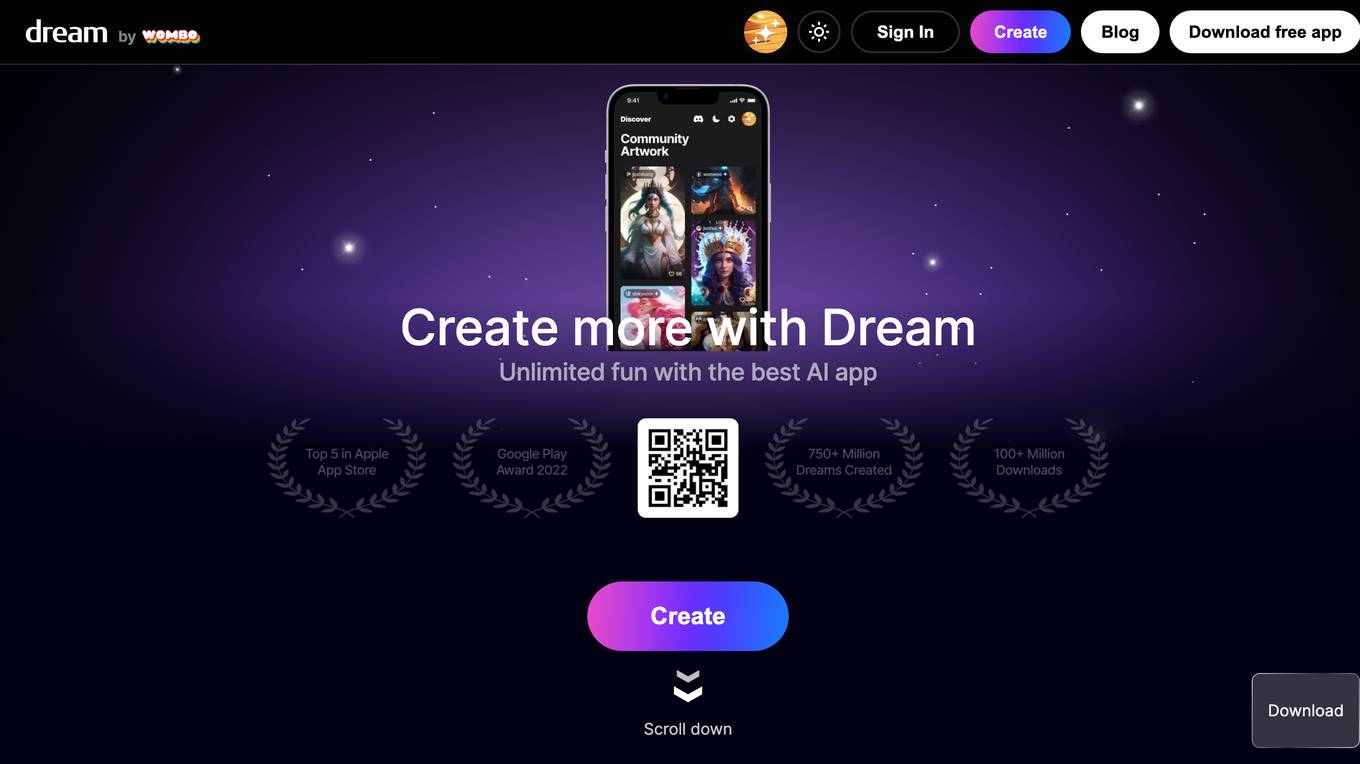
Dream by WOMBO
Dream by WOMBO is an AI-powered art generator that allows users to create unique and stunning images from text prompts. With its advanced algorithms and vast dataset of images, Dream by WOMBO can transform words into captivating visual masterpieces. Whether you're an artist, designer, or simply someone who appreciates the beauty of art, Dream by WOMBO empowers you to unleash your creativity and explore the limitless possibilities of AI-generated imagery.
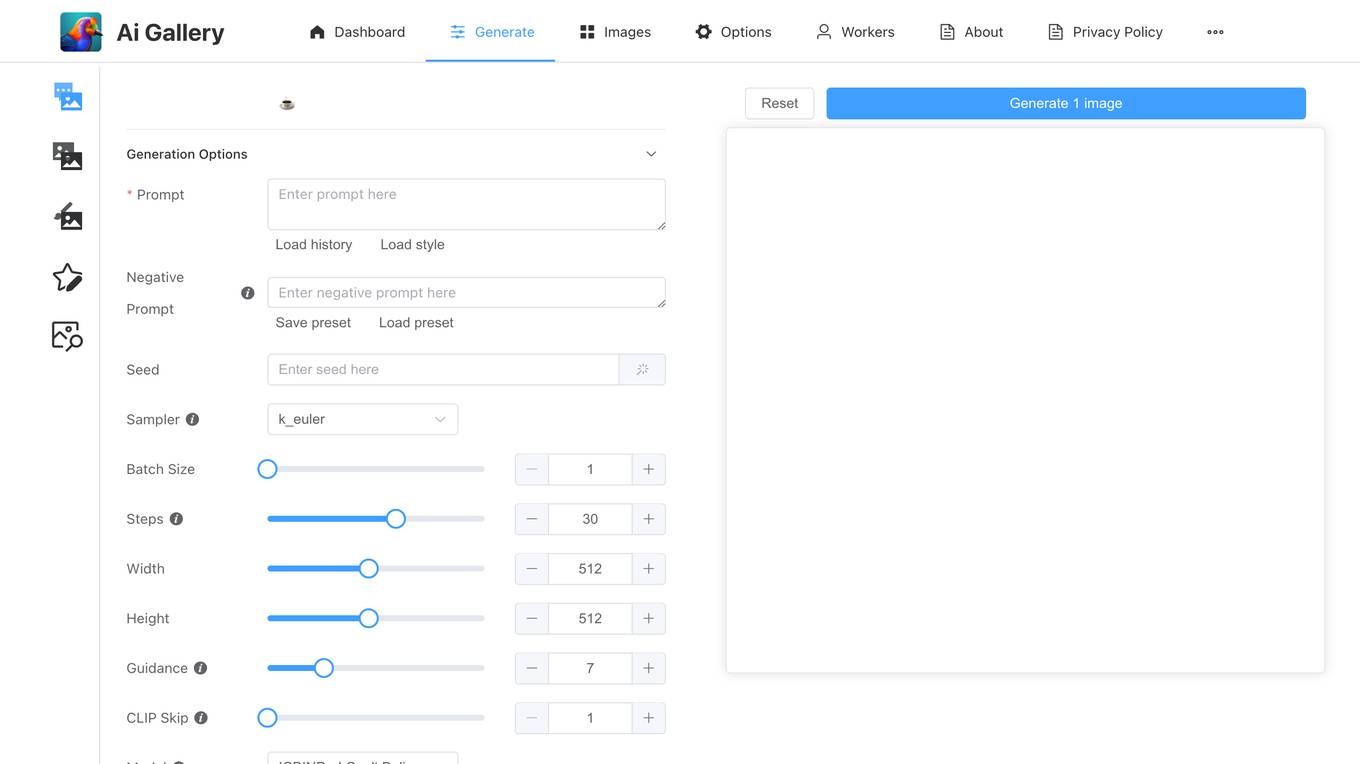
AI Gallery
AI Gallery is a powerful AI art generator that allows you to create stunning images from scratch or by modifying existing ones. With its lightning-fast processing, you can generate unique and captivating artwork in seconds. Whether you're a professional artist, a hobbyist, or simply someone who appreciates beautiful imagery, AI Gallery is the perfect tool to unleash your creativity and explore the limitless possibilities of AI-generated art.
0 - Open Source AI Tools
9 - OpenAI Gpts
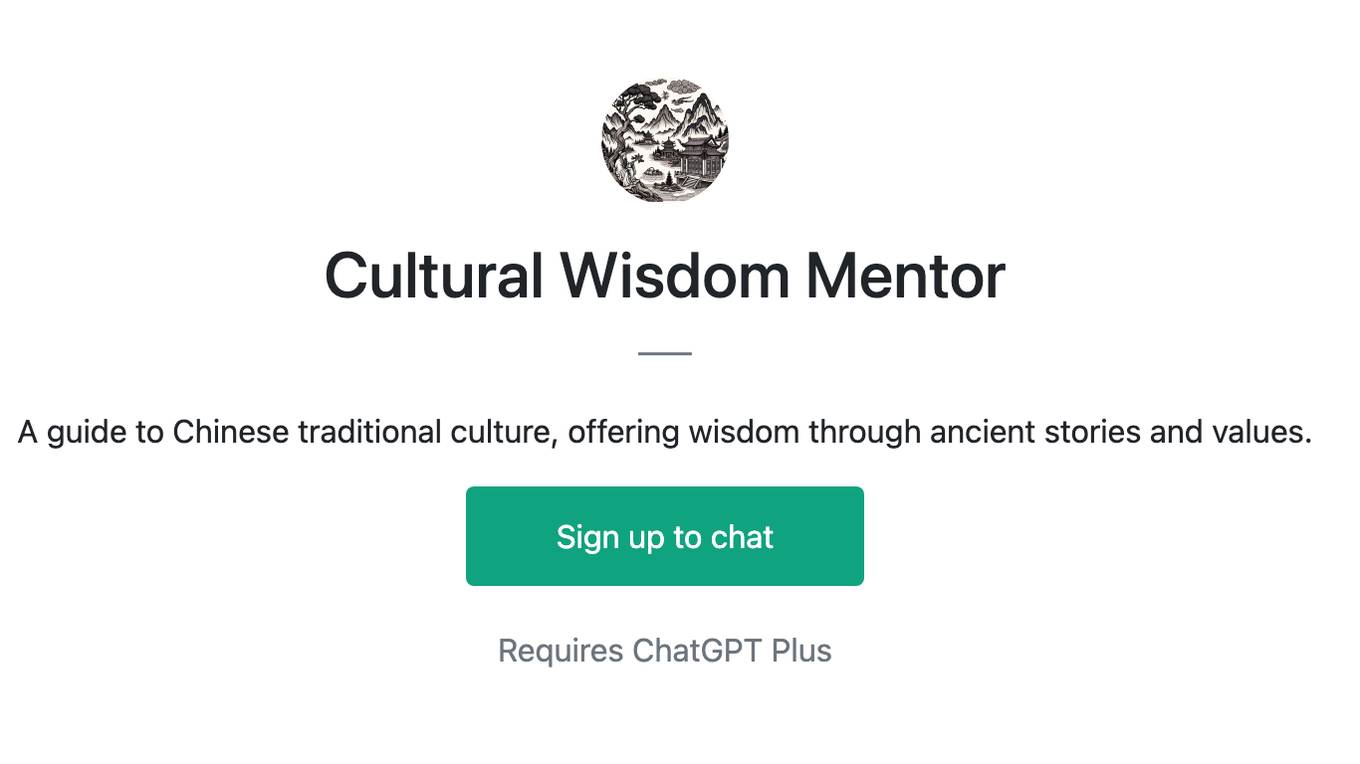
Cultural Wisdom Mentor
A guide to Chinese traditional culture, offering wisdom through ancient stories and values.
